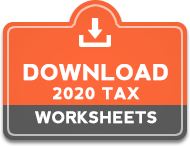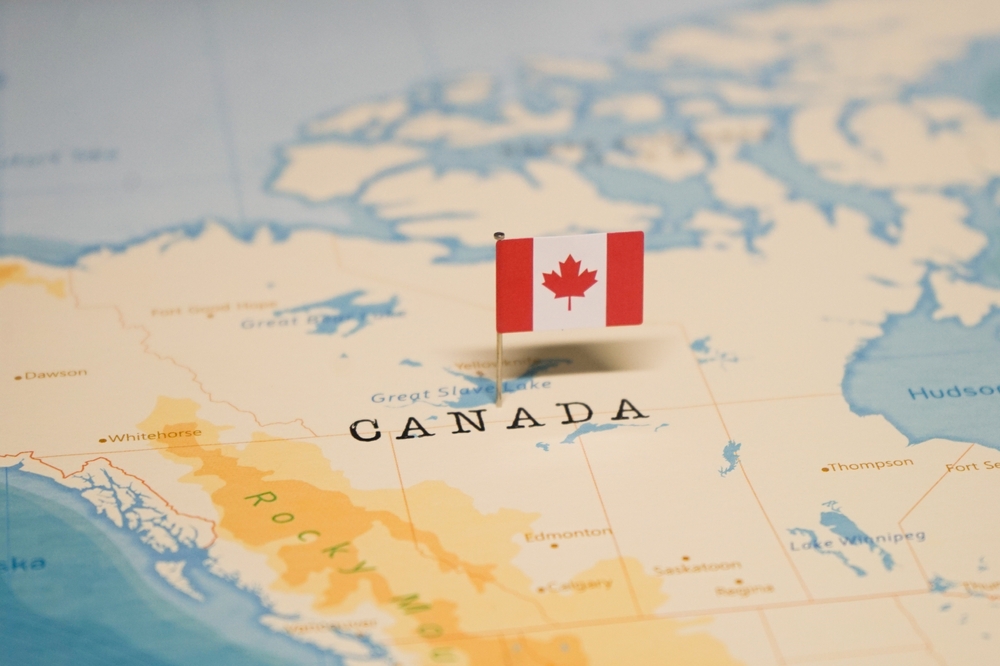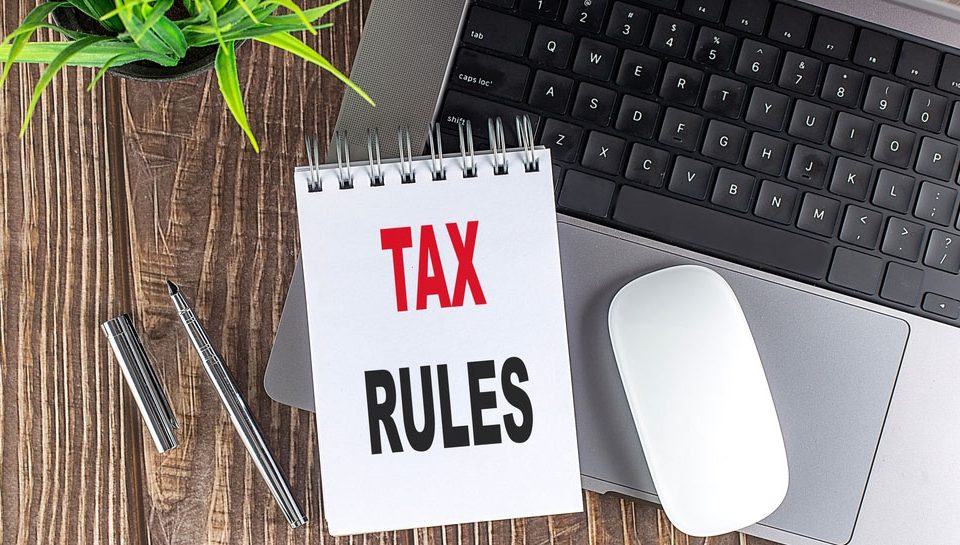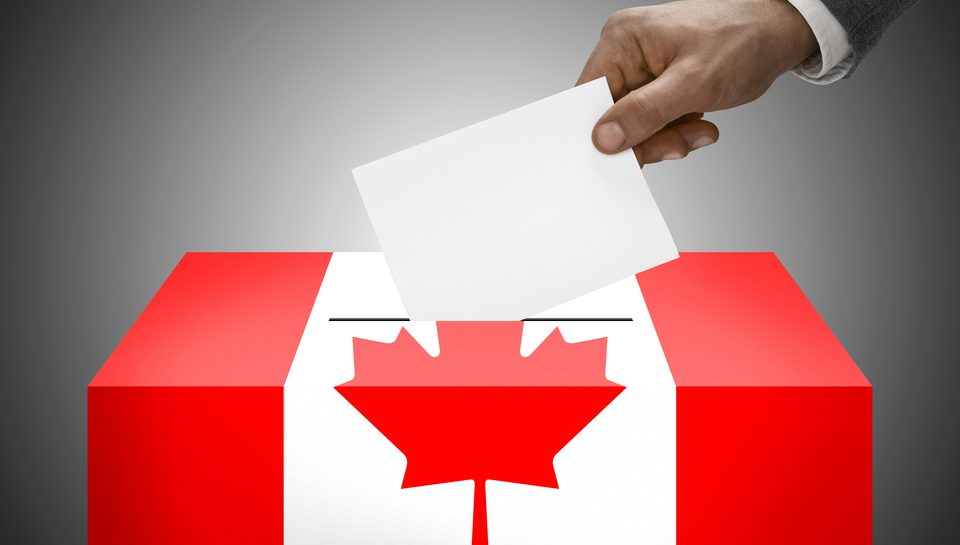Collecting taxes Parliament may never approve and going after athletes’ signing bonuses doesn’t help bring stars to Canada.
Thanks to the overzealous Canada Revenue Agency (CRA), hockey players who sign with the Toronto Maple Leafs are not only condemned to having nearly no chance of winning a playoff series but must also fight legal battles to fend off Canada’s oppressive tax regime. A Canada-United States tax treaty stipulates a 15 per cent tax rate for an “inducement to sign an agreement,” but the CRA is charging former Leafs Patrick Marleau and Jake Muzzin at Ontario’s top marginal tax rate of 53.5 per cent on their signing bonuses, costing each player an additional $4 million. Both have filed appeals to the Tax Court of Canada. Last year, John Tavares filed a similar appeal to the Tax Court for the CRA going after his 2018 bonus for an extra $8 million.
It isn’t just Leafs players the CRA is targeting for massive sums: former Blue Jays Josh Donaldson and Russell Martin, who during their careers in Toronto experienced some post-season success, are also involved in legal battles with the tax agency. In December, a Tax Court judge ruled that the CRA wrongly calculated both players’ taxable incomes by millions of dollars, based on an error regarding how much players could deduct from taxable income for pension plan contributions. The CRA is now appealing that decision to the Federal Court of Appeal.
A marginal income tax rate of 53.5 per cent and an overzealous tax agency that tries to subject as much income as possible to this confiscatory rate makes it harder to attract, not just star professional athletes, but also top entrepreneurs, medical professionals, corporate executives and highly skilled workers in other fields. Many studies have documented the strong behavioural response (such as reduced entrepreneurship and reduced work effort) to high marginal income tax rates in Canada, including a C.D. Howe Institute study that found the Trudeau government’s 2016 increase in the top rate of income tax was so economically damaging it actually reduced total government revenue.
While going after professional athletes for millions more in taxes, the CRA is also making headlines these days for implementing the Trudeau government’s proposed higher capital gains tax — which never passed Parliament. The Liberals announced the tax hike in last April’s budget with an intended effective date of June 25th last year and introduced a bill to that effect in September. But Parliament hasn’t yet passed it and now Parliament has been prorogued until March 24th. The tax hike can be reintroduced when Parliament resumes but, without unanimous consent to do otherwise, would have to start over from scratch.
What is the CRA’s policy on administering a tax that was proposed but not passed? As Kim Moody explained in these pages last week: “The CRA has a decades-old administrative policy to ask taxpayers to file on the basis of proposed legislation… (But it) generally waits until the measure has been enacted before reassessing taxpayers if the proposed legislation results in an increase in benefits or if a significant rebate or refund is at stake.” So: have taxpayers comply if that raises their taxes but wait if it lowers them. Nice guys!
If Canadians subject to the higher capital gains tax do follow the CRA’s guidance but the tax hike never does make it through Parliament, they will have to amend their returns to get refunds. If instead they choose not to pay the tax because it has not become law, they will be subject to penalties and interest if it does eventually pass and applies retroactively.
The effect of all this is not just financial uncertainty and administrative burden, but on average a net taxpayer loss to CRA when there is ambiguity regarding how much tax to pay. One feature of Canada’s oppressive tax regime is that the interest rate CRA charges on overdue taxes is two percentage points higher than on individual taxpayer refunds, and four percentage points higher than on corporate taxpayer refunds. Seem fair?
As for the capital gains tax hike itself, a C.D. Howe report by Jack Mintz estimates it would reduce employment by 414,000 jobs, decrease Canada’s capital stock by $127 billion and cut real GDP per capita by about three per cent. Between horrendous tax policy and an overzealous tax agency, Canadian taxpayers simply cannot catch a break with this Liberal government. They are, like Leafs fans, condemned to suffer.
Matthew Lau is a Toronto writer.









